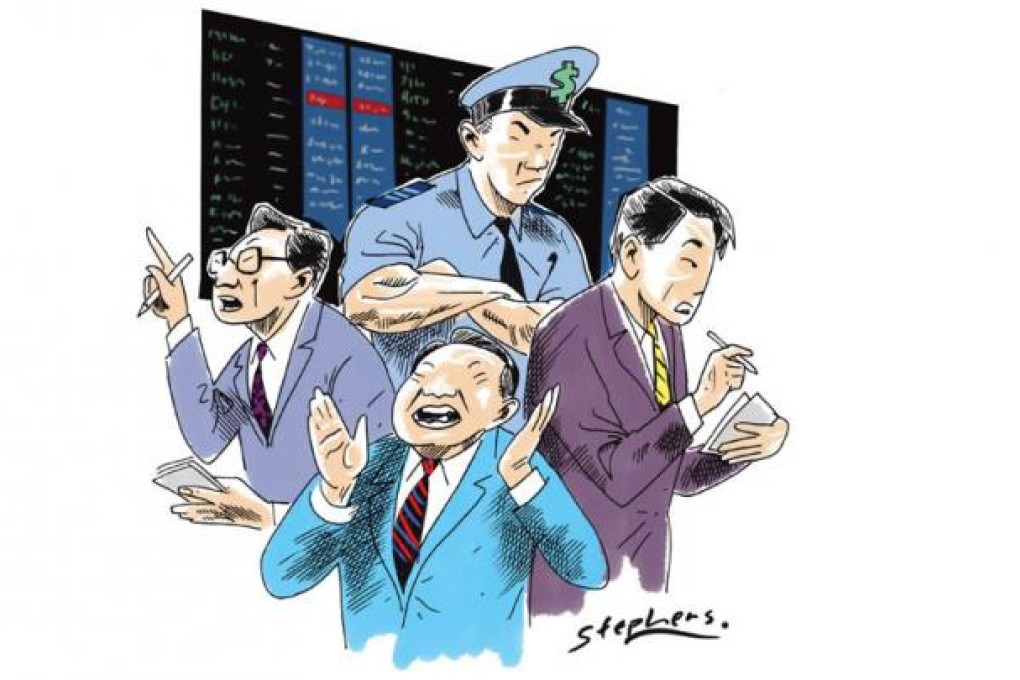Plugging the gaps in financial regulation in HK
Eddy Fong charts the reforms the SFC has carried out to bridge the gaps exposed by the 2008 financial crisis, including steps to upgrade its day-to-day regulation and enforcement

When I became the first non-executive chairman of the Securities and Futures Commission (SFC) in 2006, the world was cruising on a path of moderate growth, stable employment and subdued inflation, and asset prices were continuing to rise. Less than a year later, the world was hit by the subprime crisis that shone a spotlight on opaque markets that operate in the shadow of regulated markets.
Lehman Brothers' collapse in September 2008 brought global financial markets to a near meltdown, highlighting their highly interconnected nature. The resulting recession presented unprecedented challenges to central banks, regulators and governments around the world.
As the worst-affected economies began to recover, the emergence of the sovereign debt crisis, which in Europe has morphed into a euro crisis, pushed these economies back into recession. In Asia, growth has begun to slow. Uncertainty remains as markets have yet to be fully convinced that the much-needed regulatory, fiscal and structural reforms will be implemented.
The failure of Lehman was a wake-up call to the reality that financial institutions operate globally, while regulation stops at national borders. The financial tsunami that Lehman's failure unleashed sparked an international debate on the fundamental role of financial institutions and calls for a return to basics. The G20 leaders promptly initiated global financial reforms that go beyond traditional boundaries of regulation.
Hong Kong's securities market is global, it has a vibrant domestic dimension, and it is plugged in to mainland China.
Hong Kong's investor profile is split almost evenly between Hong Kong and international investors. Two-thirds of investors are institutional; retail investors are significant, representing about one quarter of investors. Funds from non-Hong Kong investors account for more than 60 per cent of the Hong Kong asset management business. Getting the regulatory balance is a challenge.
